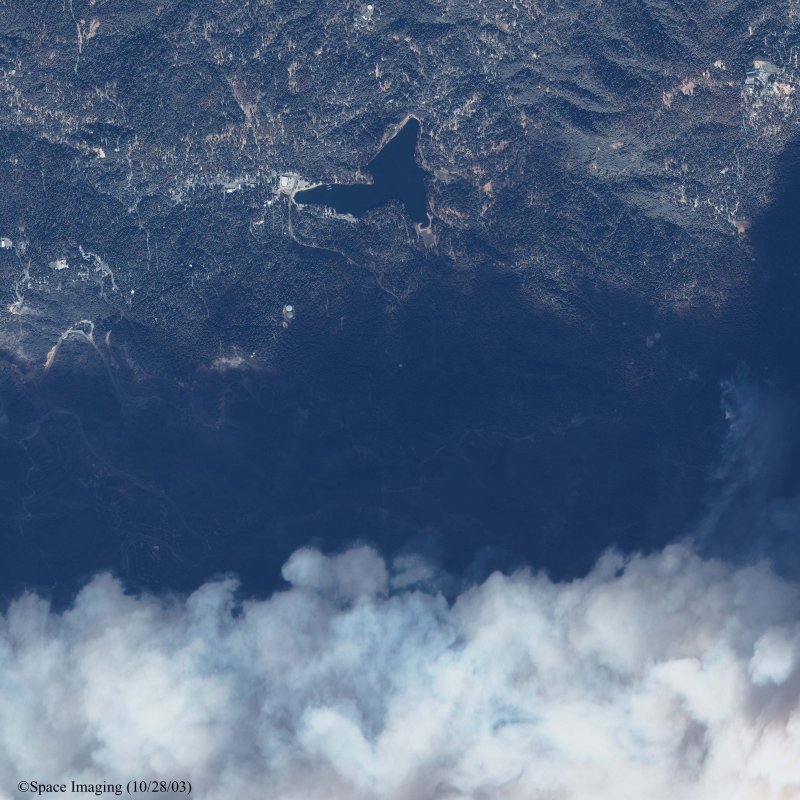CORVALLIS, Ore., Nov. 3 (UPI) -- Climate change and other factors are causing massive movements of tree species across the U.S. West, researchers say.
With global warming, insect attack, diseases and fire, many tree species are projected to decline or die out in regions where they have been present for centuries while others move in and replace them, researchers at Oregon State University said.















